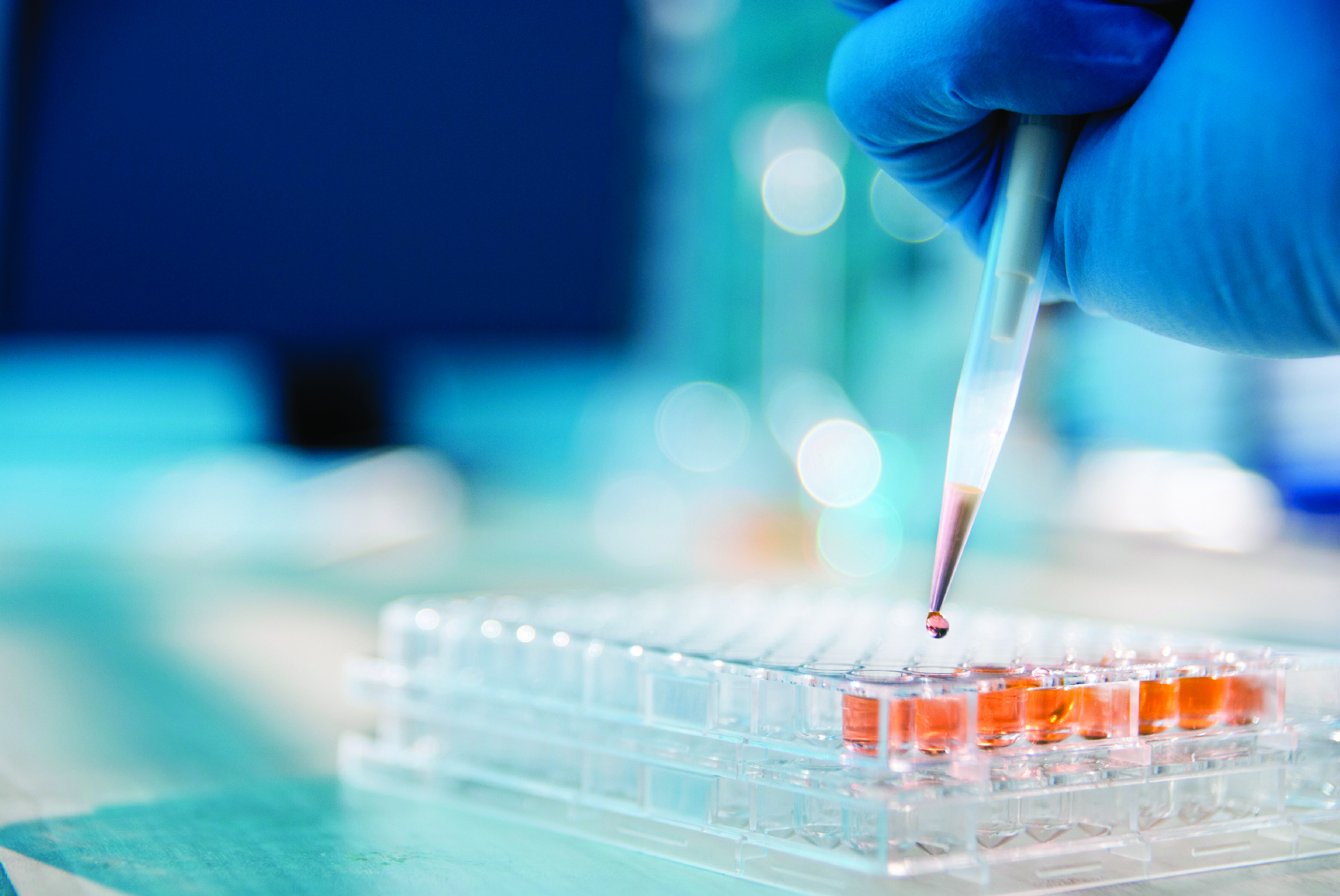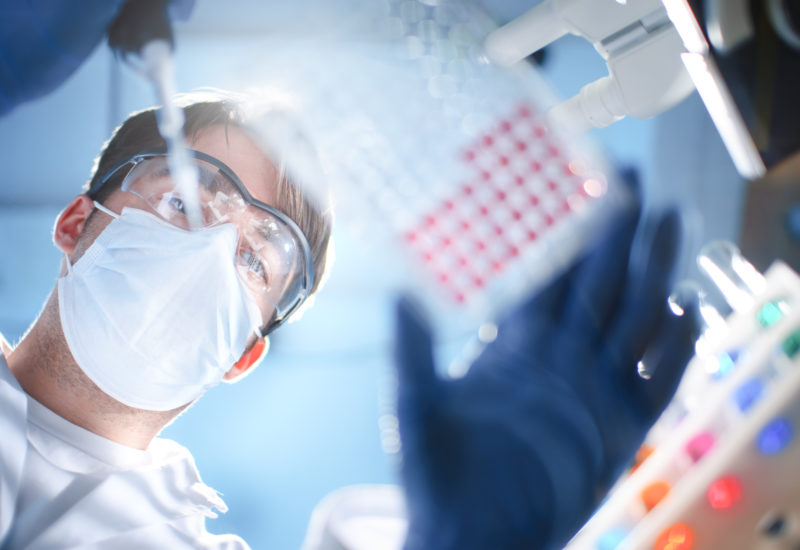

Notes from the 2021 HRA Expert Panel Discussion “Are Standard Hepatocyte Models/Test Systems Still Good Enough?”
- Test Systems & Methods
- December 7, 2021
- Dr. Chris Bohl
MicroPhysiological Systems (MPS) is a general term used to describe miniaturized, in vitro test systems that couple microfluidics with advanced cell culture techniques (co-culture, three-dimensional cultures, organoids, iPS derived cells, printed microtissues, etc.). These test systems are also commonly referred to as “organs on a chip.” As the name indicates, these advanced test systems aim to better replicate the in vivo physiological characteristics of the organ specific cells/tissues that cannot be replicated in commonly used two-dimensional (2D) cultures.
Advancements in the MPS field have been numerous and multiple models have been described in published literature with multiple organ/tissue specific MPS test systems commercially available. With all of these advancements in mind, the Hepatocyte Research Association (HRA) hosted a virtual panel discussion with MPS experts to discuss and give their perspectives on MPS systems and where they stand in relation to the traditional, accepted 2D hepatocyte cultures most commonly used in drug development. The panel experts are involved in various areas of drug development (Pharma, Biotech, Policy, Regulatory, CRO, and Academia) and brought a wealth of practical experience and knowledge on the subject of MPS test systems.
The panel was unanimous in their assessment that MPS test systems allow researchers the ability to examine biochemical parameters in vitro that are not possible in traditional assays and that development of these advanced systems is heading in the right direction. Even with the continuous advancements, the panel did outline some of the hurdles that need to be overcome before these test systems become more widely used across the drug development industry. Those hurdles include:
- increased cost
- need for extensive training
- specialized equipment
- limited capacity/throughput
- assay development
- standardization of reagents and use
- specific disease models
- and ultimately translatability to what is observed in the clinic
These hurdles are not and should not be surprising as they are ubiquitous to any new technology/method that is bespoke to a scientific field, and one of the main points that was made by the entire panel is that defining context of use/fit for purpose is going to be essential for the successful use of MPS test systems on a wider scale. Development of MPS systems for specific applications is likely as these test systems are not a “one size fits all” test system. As development of the systems advances and more work is done, many of these hurdles will be addressed and overcome.
The need for standardization of assays, QC parameters, and reagents as a way to address reproducibility, and reliability challenges across labs was another topic stressed by the panel. As MPS systems become more widely used, this will be important not only for the quality of data that is being generated, but also to define which systems are appropriate for specific assays and which are not. Standardization will give scientists more confidence in the data, however training will also be essential. For instance, many scientists in the drug development field are not familiar with working with iPS derived cells and are unfamiliar with the proper culture techniques to achieve reliable/reproducible differentiation and cellular function. While MPS systems that utilize primary human cells may find standardization more difficult due to inherent donor-dependent tissue variability; defining protocols, developing QC check points for MPS functionality/quality, and increased training will undoubtedly lead to more confidence and reproducibility in the test systems. Various groups in the EU are beginning to address standardization of various aspects of MPS system use (methods, data sets, training, etc.) as they recognized that this will be key to wide spread acceptance and use of these systems across the EU and worldwide.
With all of the advantages of MPS systems over traditional test systems, they currently cannot fully replicate the physiology of an organ in vivo, and careful considerations need to be employed to make sure the experimental design is appropriate for the end points/goals of the project, as one system will not be the best fit for all needs. The panelists don’t view MPS test systems as supplanting the traditional, accepted test systems; but they are becoming important complementary tools to couple with the traditional test systems (in vitro cell culture, in silico, animal models, etc.) to gain valuable insight and predictability. With pressures for science to move away from animal models, MPS test systems may become one of the important tools that allow scientists to move away/reduce the need for animal testing in the future (to align with the 3Rs philosophy of Replace, Reduce, Refine). While there are some challenges that still need to be worked out, as development and refinement of the models advance, these advanced test systems offer exciting new avenues for science to take advantage of in their quest to develop new strategies to treat diseases not only in humans, but in companion animals and livestock.
About the Authors
Related Posts
How to Choose the Right Test Systems for Your DMPK Studies
Insects and Cattle and Sheep, Oh My!
Subscribe to our Newsletter
Stay up to date with our news, events and research

Do you have a question or a request for upcoming blog content?
We love to get your feedback
